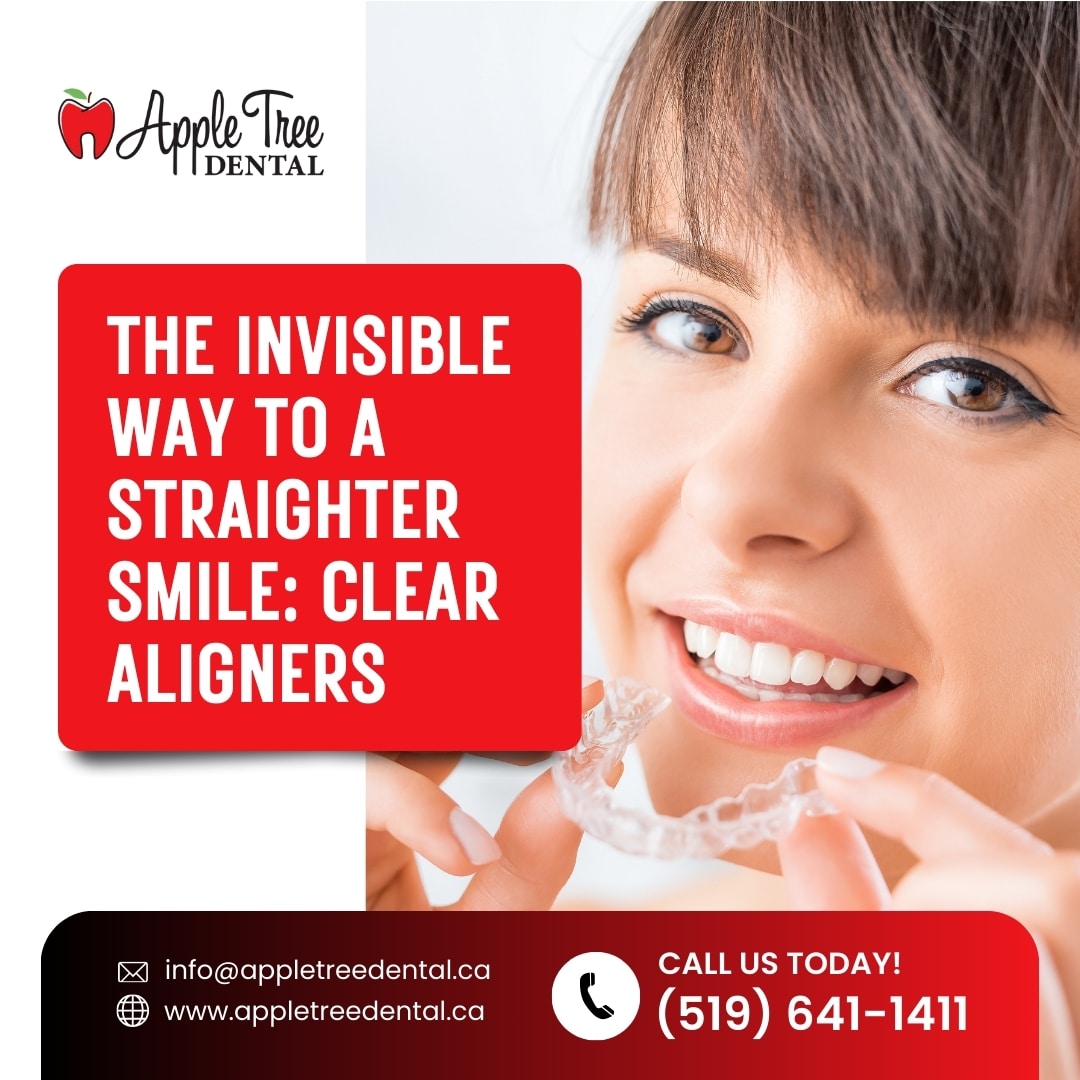Blog
Nightguards – Teeth Grinding An Unseen Threat to Oral Health
In our modern, fast-paced world, stress has become an almost inevitable part of daily life. Unfortunately, one physical manifestation of this stress is often overlooked: teeth grinding or bruxism. It’s a silent problem that can have severe implications for oral and general health. This article will explore the what, why, and how of teeth grinding and the issues it can potentially create.
Introduction:
Brushing, flossing, and regular check-ups are the cornerstones of good dental hygiene that most people are familiar with. However, a common yet often unnoticed issue can severely impact your oral health: teeth grinding, also known as bruxism. Bruxism is an involuntary habit of grinding, gnashing, or clenching your teeth. It can occur while awake (awake bruxism) or during sleep (sleep bruxism), and often, those affected are unaware of their behaviour. Understanding the root causes of bruxism and the potential problems it can create is the first step towards mitigating its effects and safeguarding your oral health.
What is Teeth Grinding?
Teeth grinding is characterized by the involuntary grinding or clenching of teeth, often associated with stress, anxiety, or sleep disorders. It can occur at any age and affects both children and adults. Although occasional teeth grinding is usually harmless, frequent bruxism can lead to various dental and health issues.
The Causes:
Understanding the cause of bruxism is crucial in developing an effective treatment plan. For example, stress and anxiety are two significant factors linked to awake bruxism. In contrast, sleep bruxism is often associated with an abnormal bite, crooked teeth, or sleep disorders like sleep apnea. In addition, certain lifestyle factors, such as excessive caffeine or alcohol consumption, smoking, and specific medications, can also contribute to this condition.
Problems Created by Teeth Grinding:
Despite its often silent and unnoticed presence, teeth grinding can lead to many problems, impacting oral health and overall well-being.
- Dental Problems: Frequent bruxism can result in worn enamel, tooth fractures, and in severe cases, tooth loss. It can also affect your bite and cause or exacerbate temporomandibular joint (TMJ) disorders.
- Headaches and Facial Pain: Grinding your teeth strains the facial muscles, which can lead to tension headaches and facial pain.
- Sleep Disruption: Those with sleep bruxism can experience disrupted sleep, leading to daytime fatigue and impacting the overall quality of life.
- Other Health Implications: Chronic teeth grinding can also lead to broader health issues like hearing loss and changes in facial appearance due to hypertrophy of masseter muscles, and in extreme cases, it can even cause or worsen temporomandibular joint disorder (TMD).
Treatment Options:
Managing Teeth Grinding with Night Guards
The most common and effective treatment for bruxism is a dental night guard, a tray fabricated by a dental lab placed over the teeth to help prevent grinding and clenching during sleep. These night guards are custom-fabricated by dental laboratories based on impressions or scans of your teeth provided by your dentist, ensuring a perfect fit.
The purpose of a night guard is to protect your teeth and jaw from the harmful effects of grinding and clenching, acting as a protective barrier between your upper and lower teeth. By doing this, the night guard minimizes the pressure and reduces the wear and tear on your teeth, mitigating the risk of damage such as tooth fractures and enamel erosion. Furthermore, it can help alleviate associated symptoms like jaw pain and headaches.
Even though night guards are a practical solution, it’s important to remember that they don’t cure bruxism. Instead, they work to manage the symptoms and prevent further damage. The root cause of bruxism often lies in lifestyle habits or emotional health, which need to be addressed alongside using a night guard for comprehensive treatment. Regular dental check-ups, stress management, and lifestyle adjustments are integral to managing this common but often unnoticed condition.
Conclusion:
Teeth grinding, often brushed aside as a mere nuisance, can have profound implications for oral and overall health. Unaddressed, it can lead to numerous complications, making early recognition and prompt treatment of utmost importance.
A dental night guard is one of the most effective countermeasures against bruxism. These custom-fabricated devices serve as a protective barrier, mitigating bruxism damage. As a result, night guards can reduce the risk of tooth fractures, enamel erosion, and other effects of grinding and clenching. Furthermore, they can alleviate symptoms such as jaw pain and headaches.
However, it’s essential to remember that while night guards offer a powerful solution for managing the symptoms, they do not cure bruxism. The root causes of bruxism—stress, anxiety, sleep disorders, or certain lifestyle factors—must be concurrently addressed for a comprehensive treatment approach. This can include stress management techniques, lifestyle adjustments, and seeking appropriate professional help.
Regular dental check-ups are crucial for the early detection and effective management of teeth grinding. In addition, these visits allow your dentist to spot signs of bruxism and ensure that your night guard is well-fitted and functioning optimally.
In conclusion, grinding teeth is more than just a dental issue—it’s a significant health concern requiring our attention. We can effectively manage bruxism by understanding the problem, utilizing tools like night guards, and addressing the root causes. It’s not just about preserving your pearly whites—it’s about safeguarding your overall health and well-being.
Call Apple Tree Dental Today to schedule an appointment to discuss Bruxism and Nightguards.
Article compiled by Apple Tree Dental







